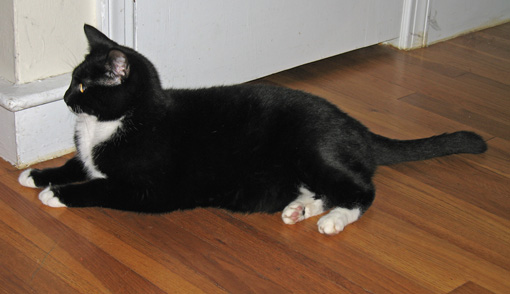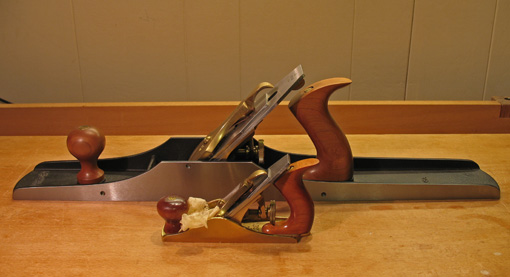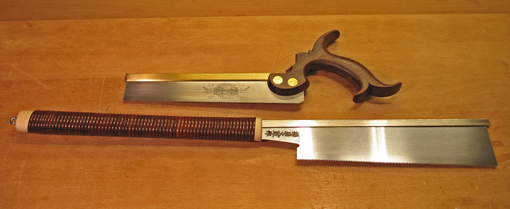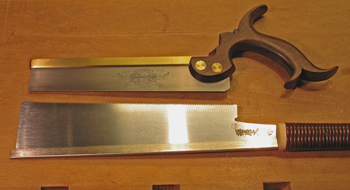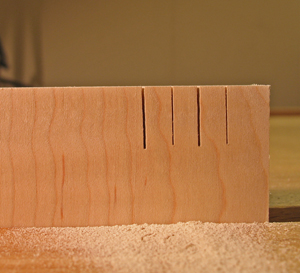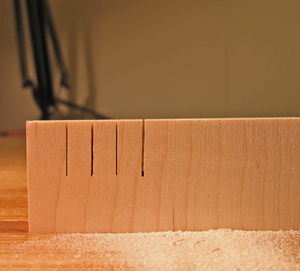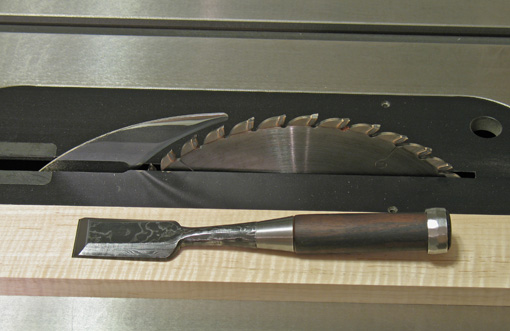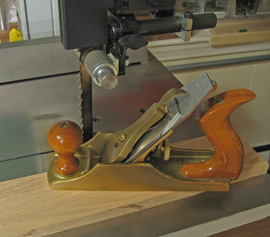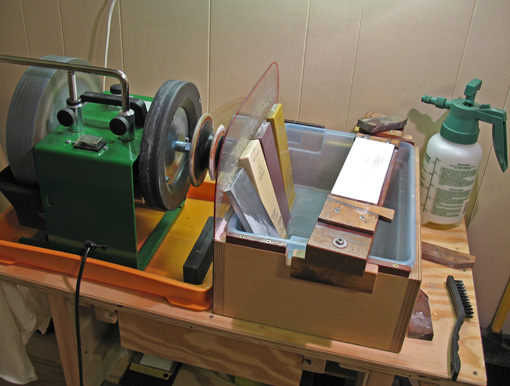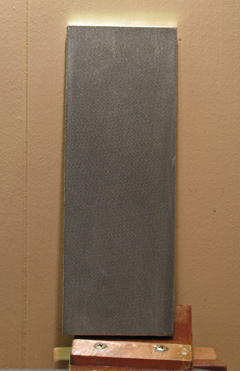Come along with me, if you will, through these thoughts that occurred to me, ironically, while at the computer, mouse in hand.
The senses sometimes form a substrate for our thinking. For example, vision might inform our logic. Drawing a diagram often makes sense of a disorganized idea. It can make relationships clearer. The senses also feed our aesthetic development and enrich our appreciation of good things around us. Listening to music is an obvious example.
What about our hands? Does our uniquely human hand craft work somehow inform certain mental faculties? Is there a “logic of the hands” that is fed by creative work with the hands. Sometimes I’m pondering a project and I’m not sure how I’ll do a particular building process, but then I get into the shop, pick up a paring chisel, a saw, or a rasp, and it becomes apparent, only through my hands, how the process can and should be done.
Further, our hands also are capable of a unique aesthetic appreciation. Most people, having seen a fine craft object in a photograph, then later encountering the actual object are drawn to not only stand back and look at it, but to touch it, to experience it in a way that is unique to the hands. We know it’s not laminate and we want to experience it. We can suppose that studied and appreciative hands are able to do this best.
Fast forward to modern life where so many of us spend much of it with our hands in a state of sensory deprivation. Paws on the mouse, it seems. One wonders if this engenders a dormancy of specific human faculties fed via the hands, a quieting of the logic of the hands and a feebleness of that aesthetic sense. Maybe finely hand crafted work would be held in higher esteem and dollar value in our society if so many hands were not so sleepy. Hand to mind to heart, are some of us losing something?
Craftspeople bring things of value to the world with our hands.
(No disrespect, of course, to the evolutionary wonder pictured above.)

